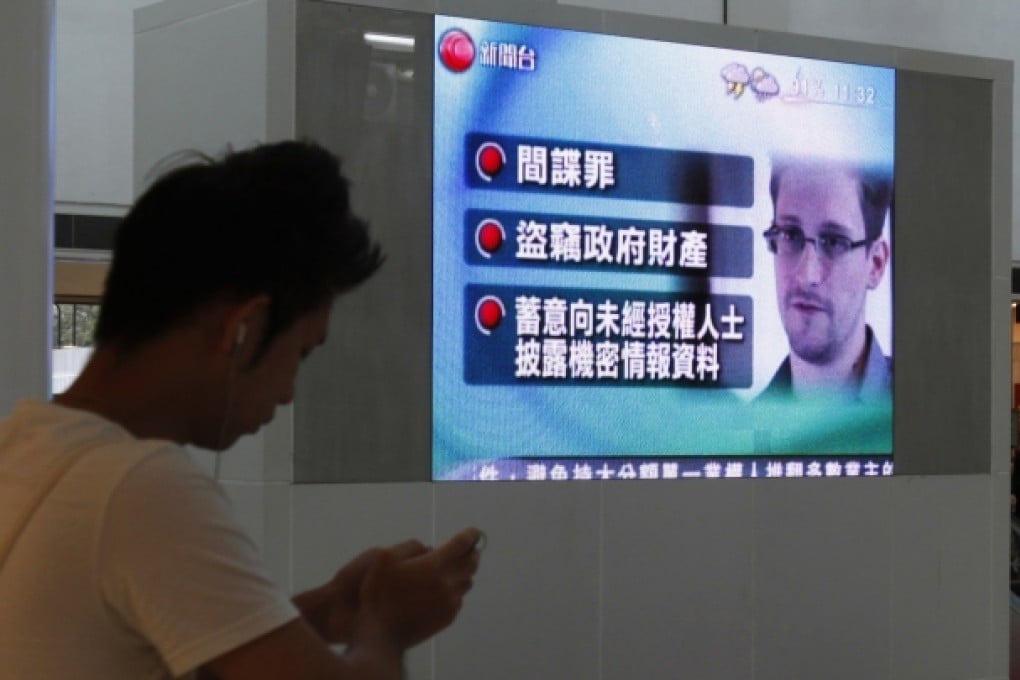Edward Snowden 'in safe place' in Hong Kong, but time running out
Edward Snowden has not been detained or put under police protection and is "in a safe place" in Hong Kong, but experts say time is running out for Snowden if he intends to leave Hong Kong and seek asylum elsewhere

But experts say time is running out for Snowden if he intends to leave Hong Kong and seek asylum elsewhere.
His fate may depend on when the Hong Kong police seek a provisional warrant for his arrest from a local court in light of charges in the United States, a legal procedure the Post understands was still being worked Saturday night.
[Snowden] can argue that his offence is of a political character – based on his conscience, political views or values.
Snowden had indicated that he wanted to seek asylum in Iceland, although he has also pledged to put his future in the hands of the Hong Kong people and courts.
When a local warrant is issued, police will hand his details to the Immigration Department and Snowden will be unable to leave the city.
Police commissioner Andy Tsang Wai-hung would only say Saturday that a provisional warrant issued by a US court would not apply to Hong Kong.
Professor Simon Young Ngai-man, of the University of Hong Kong’s law faculty, said: “I suspect, though I do not know for sure, that a provisional arrest warrant has already been issued by a HK magistrate as early as June 14, the date of the [US] charges.”